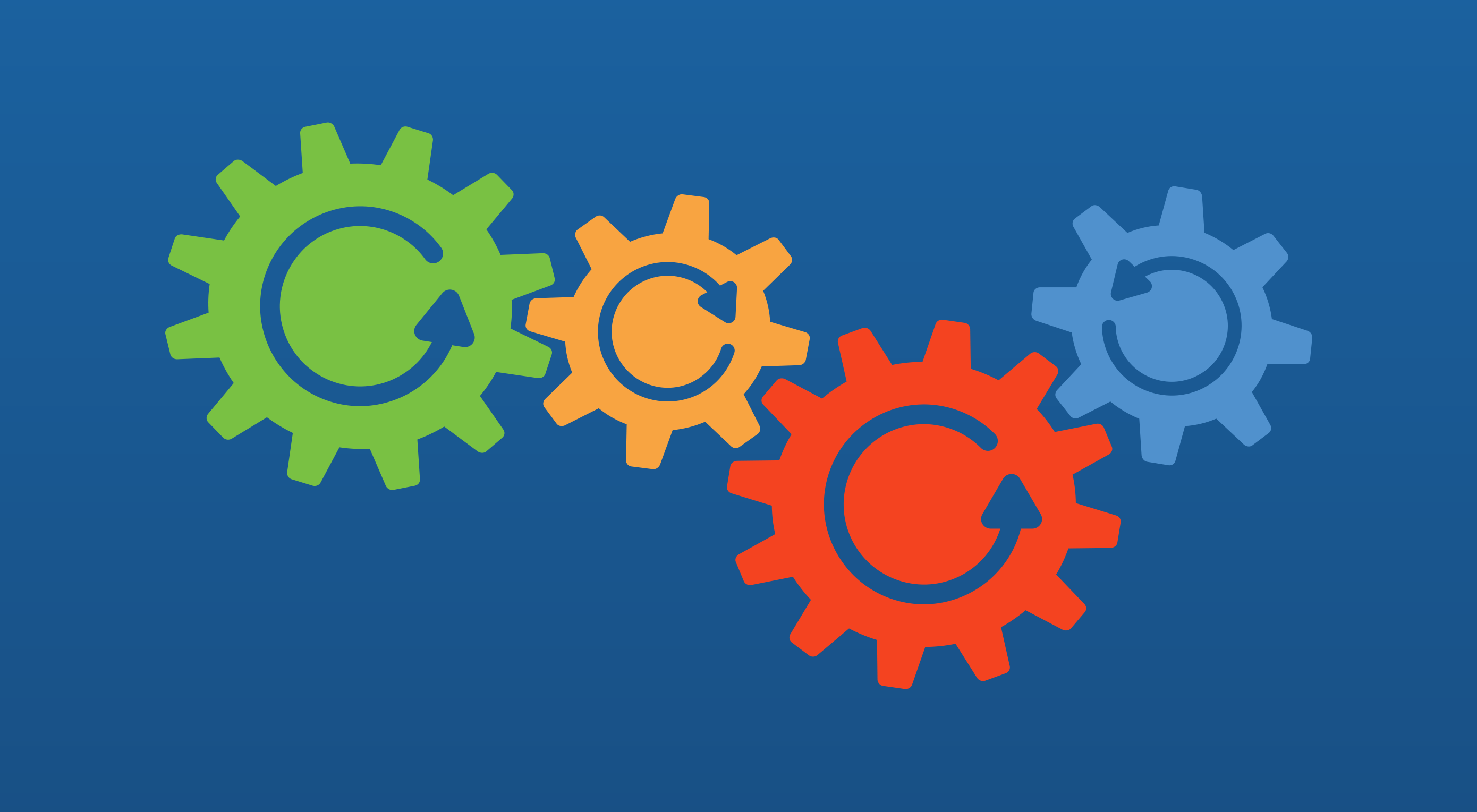 We’ve been developing websites using the Joomla CMS (Content Management System) since its inception way back in September of 2005.
We’ve been developing websites using the Joomla CMS (Content Management System) since its inception way back in September of 2005.
During this time we have planned, designed, developed and supported hundreds of websites. In this article, I’ll give you the rundown on some of the wonderful extensions that we consistently use during website development.
Although the majority of the extensions I detail are paid downloads, we believe that they are well worth the investment. Here are 6 Joomla components we couldn’t live without:
1. RSForm PRO
From €19.
Rs Form is a form building plugin which is incredibly powerful as well as user friendly to administer. Some of the things we love about RSForm PRO include:
- Easy drag and drop form building with inbuilt validation options;
- Ability to save form submissions into a database, export to Excel or email to one or more email addresses;
- Flexible templating system that makes it easy to customise the look and feel to match your website branding;
- Web hooks that allow for data to be manipulated before or after the form is submitted. An example of this may be push a form submission into a CRM or content marketing platform.
2. RSFirewall
From €49.
This extension is developed by the same company behind RSForm PRO. The extension adds an extra layer of protection to your Joomla site to help thwart any would-be attackers. Some of the key features that we constantly use are:
- Automatically blocking IP address when 3 login attempts fail or when running malicious code is attempted;
- Additional password to access the Joomla administration (this can stop 99% of automated robots from trying to access your administration by brute force);
- Detecting and blocking any malicious attempt such as SQL injection or cross site scripting attacks;
- Detecting if any core files have been altered.
3. JCH Optimise
Free, Premium version from $29.
Ensuring that your website is fast to load is incredibly important when looking to attract and retain users. We know that Google and other search engines place great emphasis on websites that are fast to load, with Google announcing recently that site speed will be a ranking factor on Mobile as of July 2018. With this in mind, JCH Optimise provides the following features:
- Minification and concatenation of CSS and JS files (concatenation reduces the number of files that need to be downloaded to load the page by combining CSS and JS into a single file, and minification reduces the size of the files by removing all whitespace and unnecessary code—both are key factors to reducing page load time);
- GZIP – GZIP compresses the CSS and JS files before they are sent to your browser. These files are then uncompressed when received. This can also have a dramatic effect on page speed by further reducing the size of the file;
- CDN support – a Content Delivery Network (CDN) is a collection of servers located around the world that hold and serve your static assets such as CSS, JS, PDFs, images etc… Using a CDN has a couple of benefits. The first is it reduces the load on your webserver, meaning you are capable of handling more traffic on your server without it crashing, and the second benefit is that for users located around the world, your website will run much faster as CDNs will serve your assets from a server that is located closest to them, reducing latency.
4. ACL Manager
From €29.
When developing larger websites with a number of user groups, the inbuilt Joomla permission structure can be time consuming and cumbersome to review and update.
The ACL Manager provides an all-in-one screen where you can easily see what each user group has access to. This is a must have for larger websites that have areas of the frontend or backend that need restricted access.
5. OSMap
Free, Premium version from $42.
Every website should have a sitemap. The benefits are twofold. The first is a HTML sitemap can provide a simple means for your users to see the website information architecture, and secondly, an XML sitemap is crucial is assisting Google with understanding your site and indexing all of your website pages.
What we like about OSMap is how easy it is to set up. A number of other sitemap plugins available can be cumbersome.
6. JCE Editor
From €27/year for the Pro Edition
Last, but certainly not least is JCE Editor. This plugin has been a lifesaver on many occasions over the years. Whilst the inbuilt tinyMCE editor is now significantly better than what it was previously, we still believe JCE is an essential plugin. Some of the features we utilize from JCE include:
- Advanced image manager – resize, align, assign classes and add alt tags easily;
- Advanced link manager – easily link to any item on your page using the Joomla internal links. This means if the URL of the linked page changes, there are no broken links as a result;
- Editor specific CSS – ensure that the styles you see when editing content in the administration match what the user sees on the website. JCE allows for a dedicated CSS file to be used, or to use the website’s template.css file;
- Table manager – easily add new tables and rows and columns without touching any code;
- Iframe manager – insert iframes easily into your content, such as YouTube or Vimeo code;
- Inbuilt spellcheck.
Source: Webdesignerdepot.com